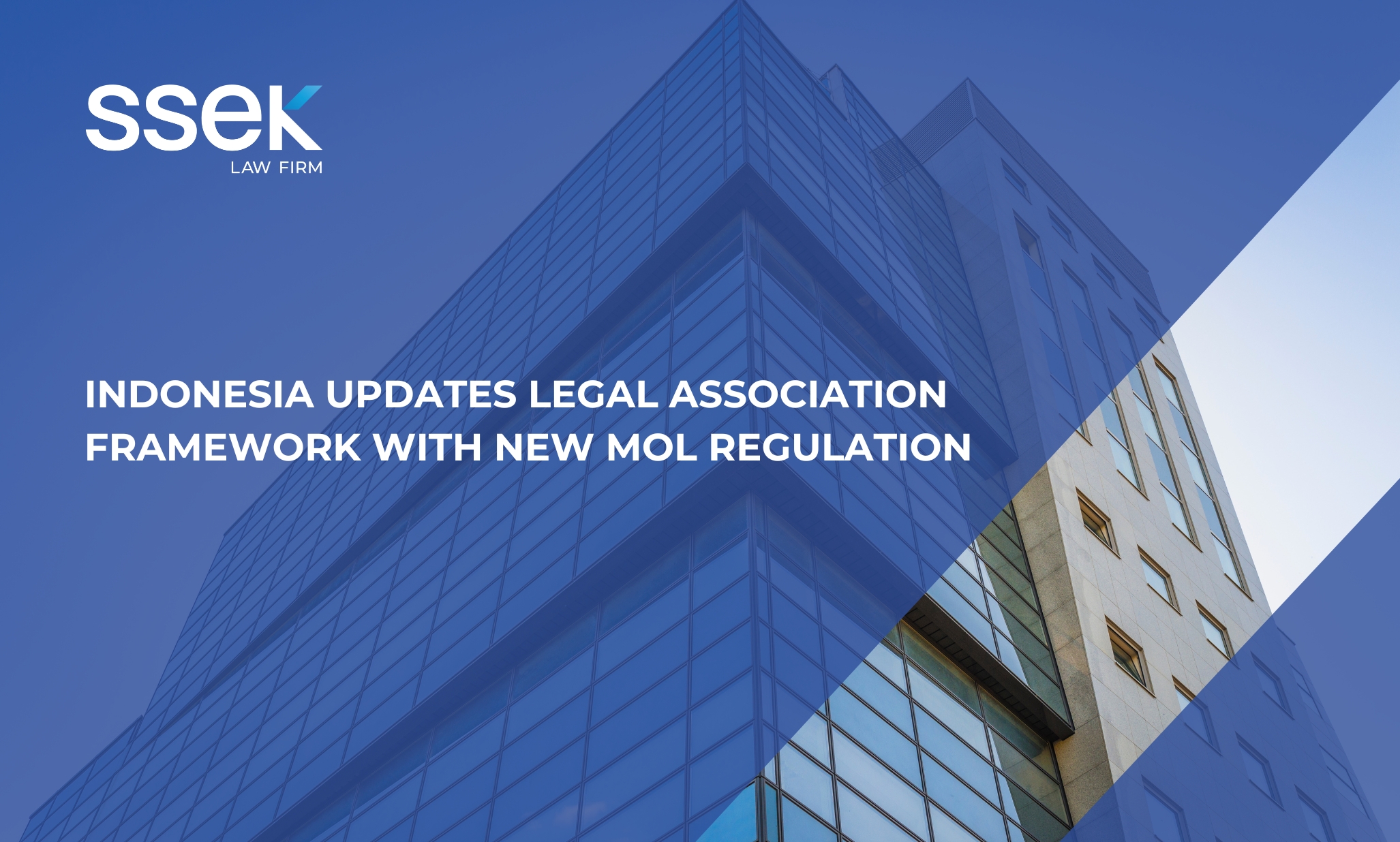


To comply with Indonesian law, digital platforms typically enter into an agreement with the healthcare facilities and/or healthcare professionals with which they engage and provide terms and conditions (terms) to be agreed upon by platform users.
These agreements and terms typically specify the liabilities for the digital platforms and the healthcare facilities or healthcare professionals in the provision of services to users, being the patients. As the agreement and terms constitute a contract, the general rule of contracts in Indonesia applies.
Generally, the rule of contracts is governed by the Indonesian Civil Code (ICC), where a contract must satisfy the four basic requirements under the ICC: (1) the parties’ consent; (2) the legal capacity of each party to enter a contract; (3) a particular object; and (4) lawful cause.
Under the ICC, the party in default is obligated to pay the damages caused by the non-performance of its contractual obligations. Furthermore, as provided under the ICC, liability for a wrongful act is determined on a fault-based assessment, where every wrongful act causing damage to other persons obliges the wrongdoer to provide compensation for such damages.
Additionally, the following points must be taken into account by the parties in allocating liability related to digital health:
- There are no Minister of Health (MOH) regulations limiting the scope of online medical consultations for doctors as long as they align with ethical obligations in the specific context. Despite the MOH’s informal policies, there are no legal barriers to doctors conducting such consultations.
- Alongside legal considerations, medical ethics also play a crucial role. Indonesian Medical Council (KKI) regulation requires doctors to perform necessary medical procedures and diligently assess patients’ medical histories, including anamnesis and allergy checks. There is a basic expectation for doctors to conduct informed fact-finding when taking on new patients.
- Certain high-risk, high-cost illnesses require diagnosis confirmation through both the patient’s medical history and a physical examination in a formal healthcare setting.
- Healthcare professionals suspected of committing unlawful acts in implementing health services may be subject to criminal sanctions. As for corporate crimes, criminal liability is imposed on corporations, managers with functional positions, parties giving orders to conduct such crimes, parties that exercise control such as majority shareholders and/or beneficial owners of corporations.
The above regulations are silent on the extraterritorial effect of the regulations regarding the cross-border provision of digital health products and services. However, Indonesian data protection laws impose the obligation for data managers to ensure that any cross-border data transfer adheres to the provisions of Law No. 27 of 2022 on Personal Data Protection (PDP Law), including that the recipient country has adequate data protection rules and that the data manager obtain the consent of the concerned data subject.
Excerpted from Lexology Panoramic: Digital Health 2024, published by Law Business Research.
Find the Indonesia chapter of Lexology Panoramic: Digital Health 2024 here.
Further reading:
This publication is intended for informational purposes only and does not constitute legal advice. Any reliance on the material contained herein is at the user’s own risk. All SSEK publications are copyrighted and may not be reproduced without the express written consent of SSEK.









